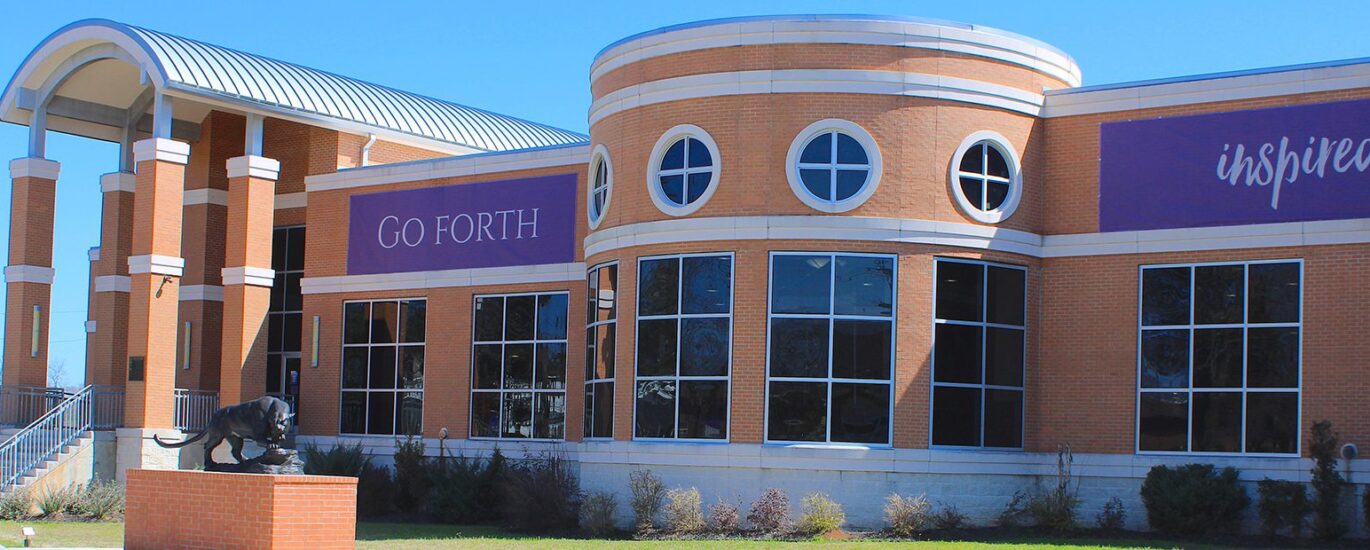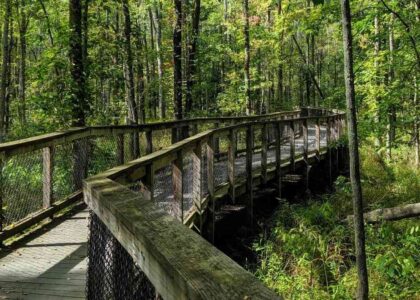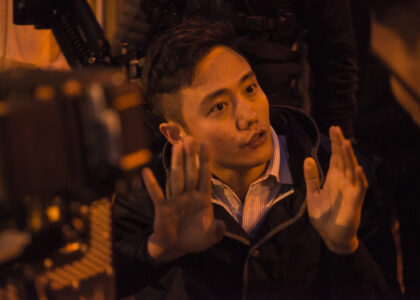Welcome to Wiley University, a beacon of knowledge and empowerment located in the historic city of Marshall, Texas. Established in 1873, Wiley University began as Wiley College, one of the first historically Black colleges west of the Mississippi River. Named after Bishop Isaac Wiley, the college was founded by the Freedman’s Aid Society of the Methodist Episcopal Church to provide higher education and opportunities to newly freed African Americans in the post-Civil War South.
Wiley University has played a significant role in the civil rights movement and African American history. One of its most notable alumni is Opal Lee, affectionately known as the ‘Grandmother of Juneteenth.’ Lee’s relentless advocacy led to the recognition of Juneteenth, commemorating the end of slavery in the United States, as a national holiday in 2021. She graduated from Wiley University in 1952, and her life’s work in education and civil rights has made a lasting impact.
The university is also known for its rich academic and cultural heritage. It has been a nurturing ground for many influential figures, including James Leonard Farmer Sr., the first African American to hold a doctorate in Texas and a significant figure in education.
Throughout its history, Wiley University has evolved to meet the educational needs of its students while maintaining its commitment to social justice and equality. The campus is home to the historic Wiley College debate team, which gained national recognition in 1935 when it defeated the University of Southern California’s team, an event depicted in the 2007 movie ‘The Great Debaters.’
Today, Wiley University continues to educate and inspire students from diverse backgrounds, carrying forward a legacy of resilience, excellence, and leadership. As you explore the campus or learn about its history, remember the individuals who walked these grounds, shaping not only the future of this institution but also the broader narrative of American history.




